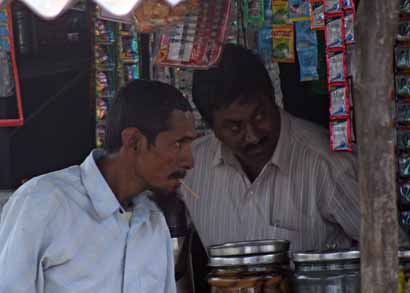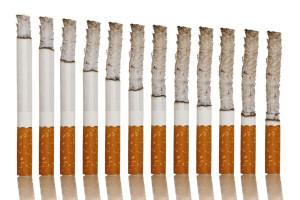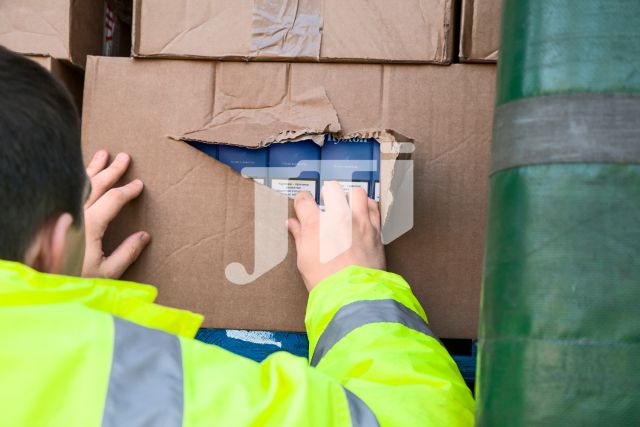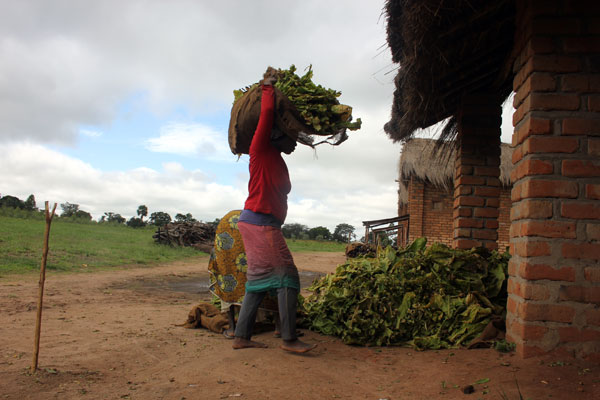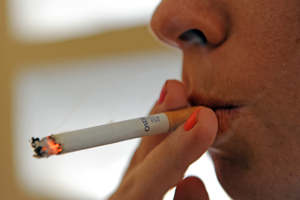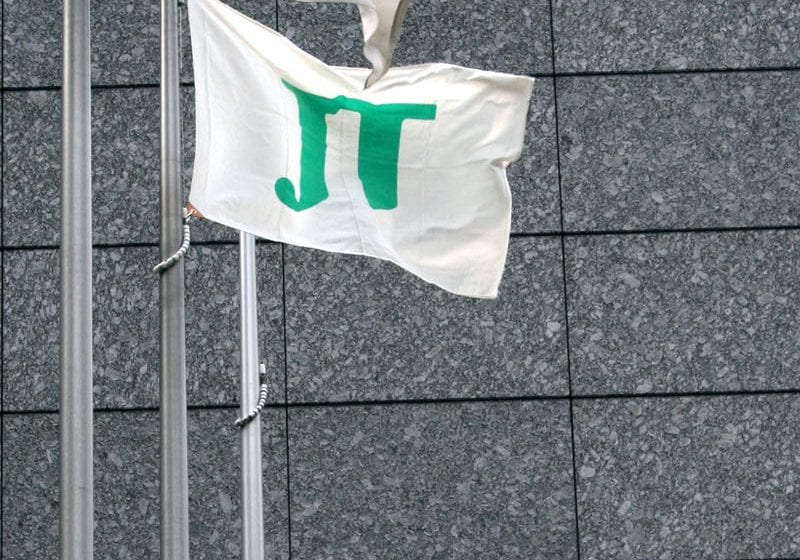Tobacco use in India has dropped by six percentage points in under 10 years, according to a story in the New Indian Express.
Figures from the Global Adult Tobacco Survey, 2016-2017, indicate that tobacco use fell in India from 34.6 percent to 28.6 percent between 2009-10 and 2016-17.
Three North-eastern states, Assam, Tripura and Manipur, however, saw increases in tobacco use despite anti-tobacco laws and a ban enforced by militants, the Express story said. In Assam, tobacco use rose from 39.3 percent to 48.2 percent, while in in Tripura it increased from 55.9 percent to 64.5 percent, and in Manipur it went up from 54.1 percent to 55.1 percent.
India’s other states saw falls in tobacco use. In Nagaland, it fell from 31.5 percent to 13.2 percent, and in Sikkim, it fell from 41.6 percent to 17.9 percent.
Meanwhile, smoking prevalence in India has fallen from 14 percent to 10.7 percent.
And the chewing of smokeless tobacco (SLT) has gone down from 25.9 percent to 21.4 percent nationally.
‘The remarkable achievement has been in reduction in exposure to second-hand smoke at home, which is from 52.3 percent to 38.7 percent, and in any public place from 29 per cent to 23 percent,’ the report said.

